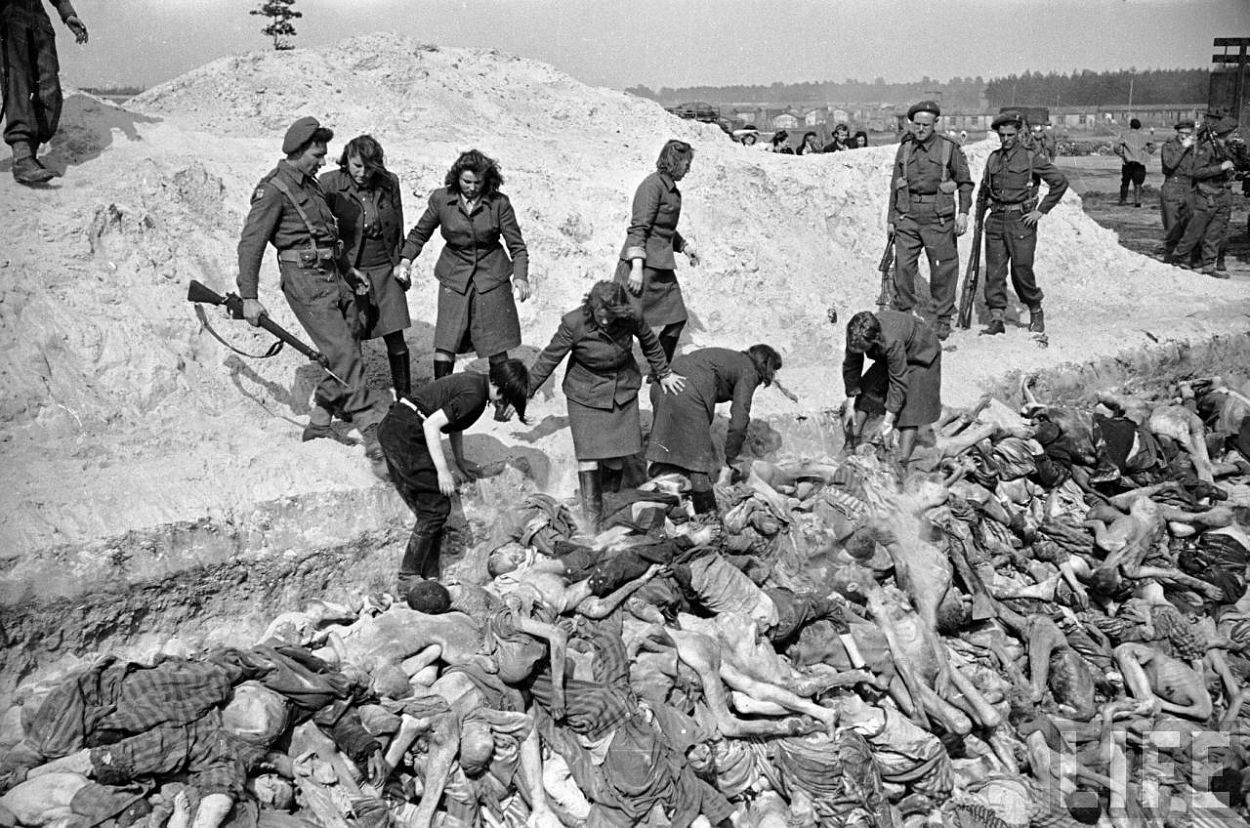AREAS OF KNOWLEDGE:
THE ARTS
SHOSTAKOVICH 8TH STRING QUARTET
The ways in which we symbolically convey meaning are by no means limited to linguistic forms of language. Other forms of representation manifest themselves in images, music, abstract mathematics, and the kinesthetic of gesture, dance and athletics. The ways in which meaning is encoded and played out in these various forms of representation are quite self-contained and often have no exact counterpart elsewhere.
CLASS ACTIVITY
This TOK session is devoted to listening in perfect silence to the Shostakovich 8th String Quartet. The music is sublime and it lasts for 20 minutes. This is a novel experience for most seventeen-year-olds.
SOME BACKGROUND KNOWLEDGE
Shostakovich had lived through the horrors of the Second World War and Stalin’s totalitarian regime. As well as the Holocaust itself, IB world history students will be familiar with devastating set-piece events such as the siege of Stalingrad, the massacre of Polish officers and intellectuals at Katyń, and Stalin’s brutal interrogation, imprisonment and purging of tens of thousands of returning Russian prisoners of war who had survived Nazi camps.
Shostakovich wrote the 8th quartet after visiting Dresden in 1960. The city was still in ruins after allied bombing. He dedicated this music “to victims of fascism and war.” Here are three excerpts from a conversation with members of the Emerson String Quartet, from the liner notes of their 1999 recording of the work on Deutsche Grammophon:
Through listening to the silences and the desolation, the violence and the tragedy, and using that to imagine his world… like a letter from a forbidden place that we no nothing of.
…These pieces stand as an aural representation of an incredible spectrum of human tragedy and suffering, with occasional glimpses of hopefulness.
At the opening of the fourth movement… there’s a sustained tone in the first violin, and then all of a sudden three dissonant chords are played…it sounds like that knock on the door in the middle of the night that so many Russian people dreaded…
EXPERIENCING THE MUSIC
The teacher should model good scholarship by providing a full citation for the chosen recording. Without further discussion students should relax and actively listen without distraction to the Shostakovich 8th String Quartet played at strident concert hall volume on good sound equipment.
After a respectful pause… the whole group should address the following questions...
What did you experience?
Did having the background information enhance your experience? Was it necessary? Would you preferred not to have known the context?
If you were somehow transported, or taken to another place in your imagination, how was music―a non-linguistic form of representation―able to do this?
Do we need musical training (or, come to think of it, detailed knowledge of 20th Century history) to appreciate this music?
How does music tap into emotion?
Can music transcend the cultural background of the listener?
“Imagine that you stretch a pillowcase tightly across the opening of a bucket, and different people throw ping-pong balls at it from different distances. They can each throw as many balls as they like, and as often as they like. Your job is to figure out, just by looking at how the pillowcase moves up and down, how many people there are, who they are and whether they are walking towards you, away from you or standing still. This is essentially the problem your auditory system has to contend with when it uses the eardrum as the gateway to hearing.”
Dmitri Shostakovich in 1950. Photo: Sovfoto / UIG via Getty



